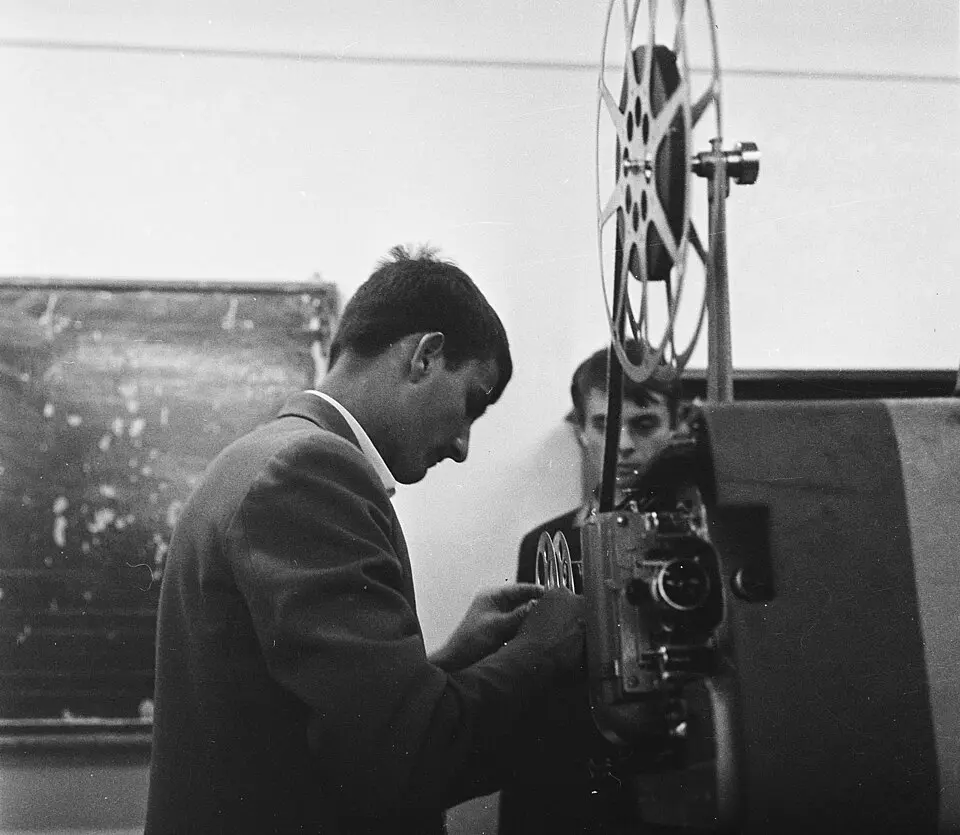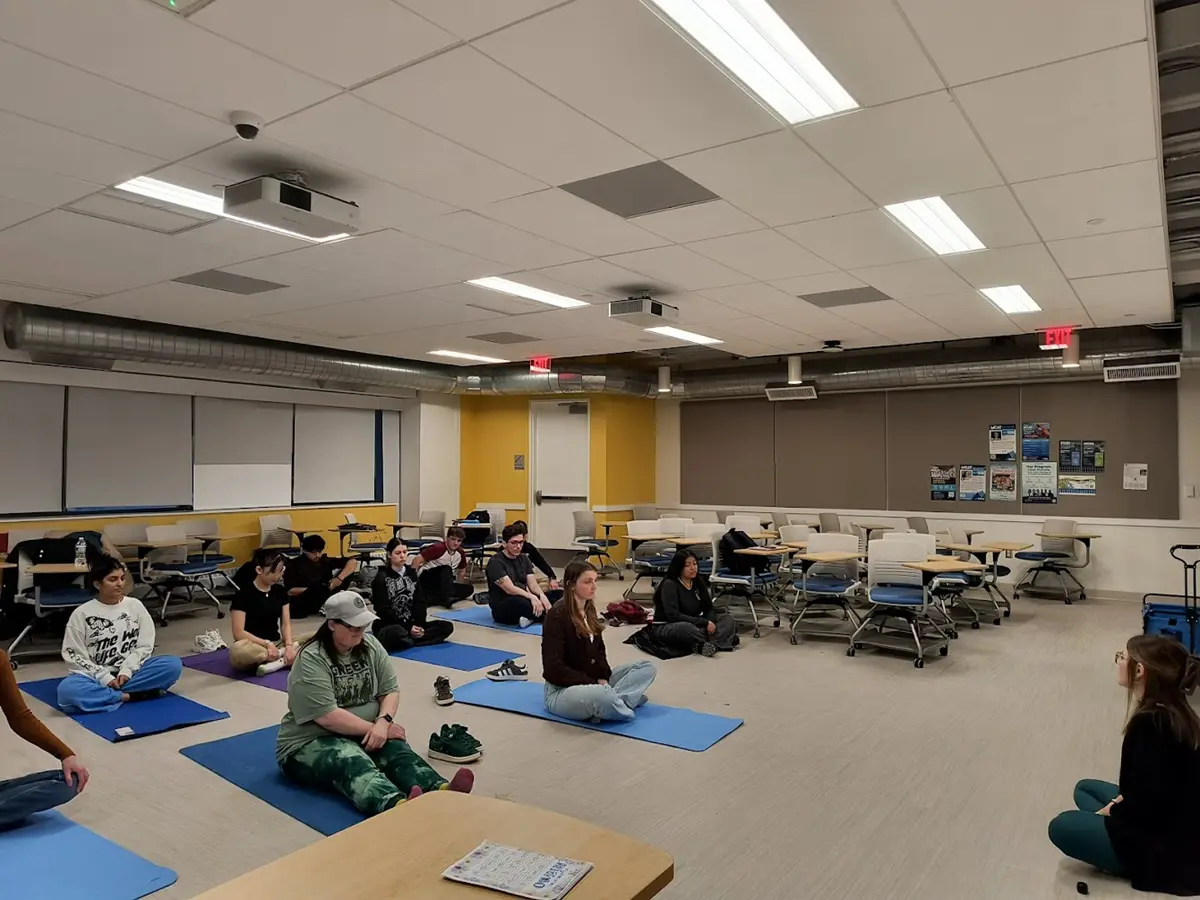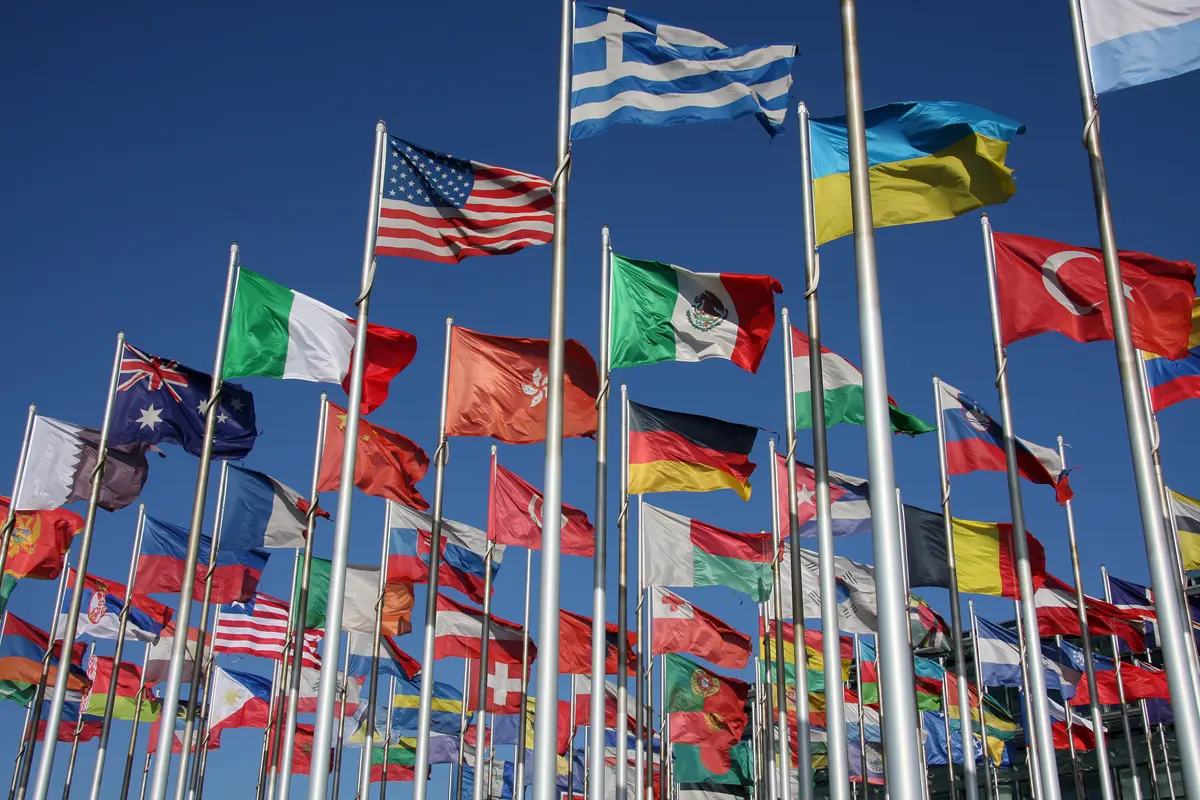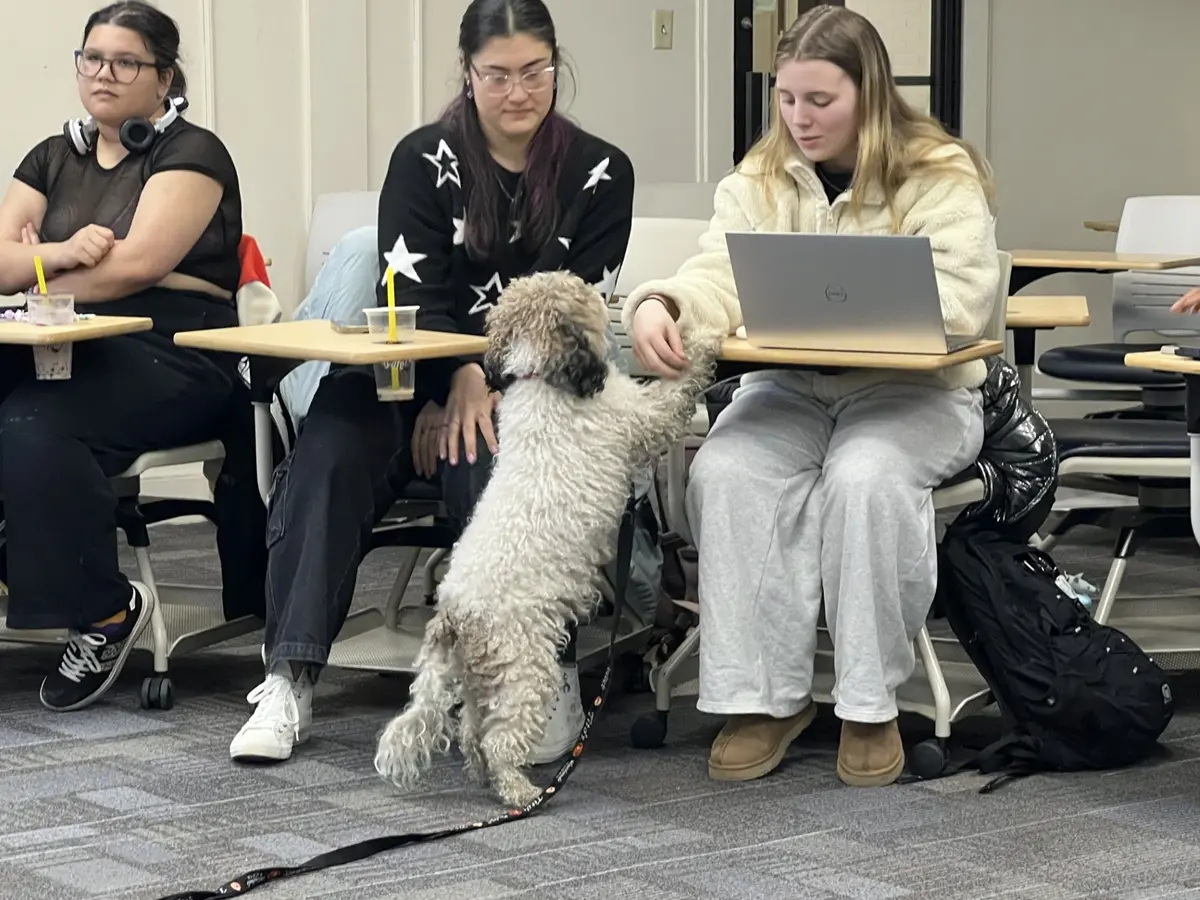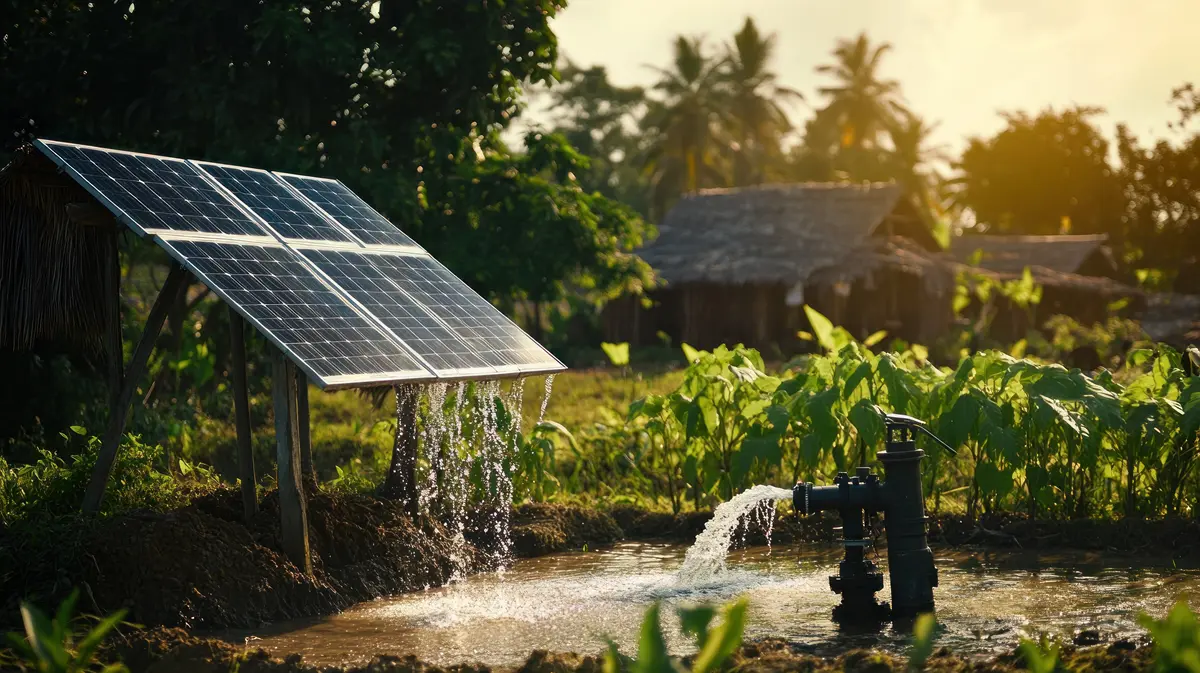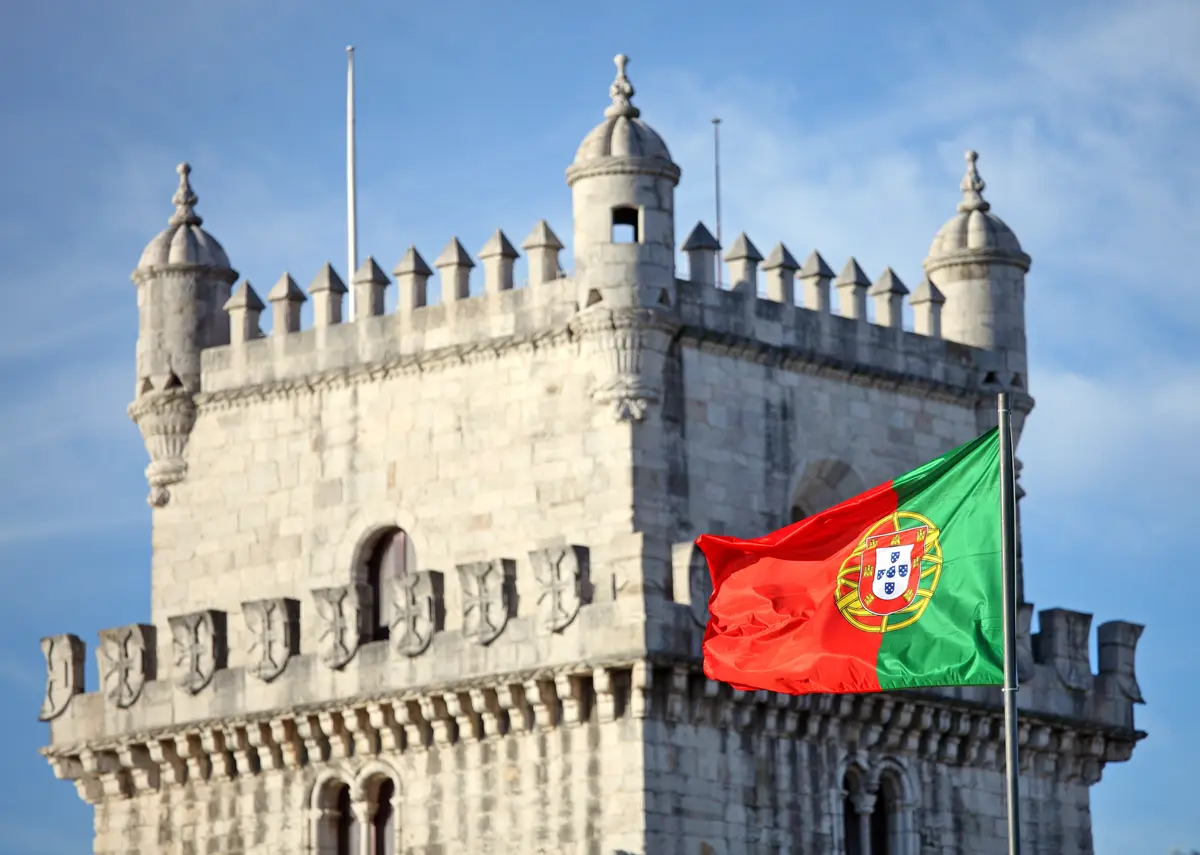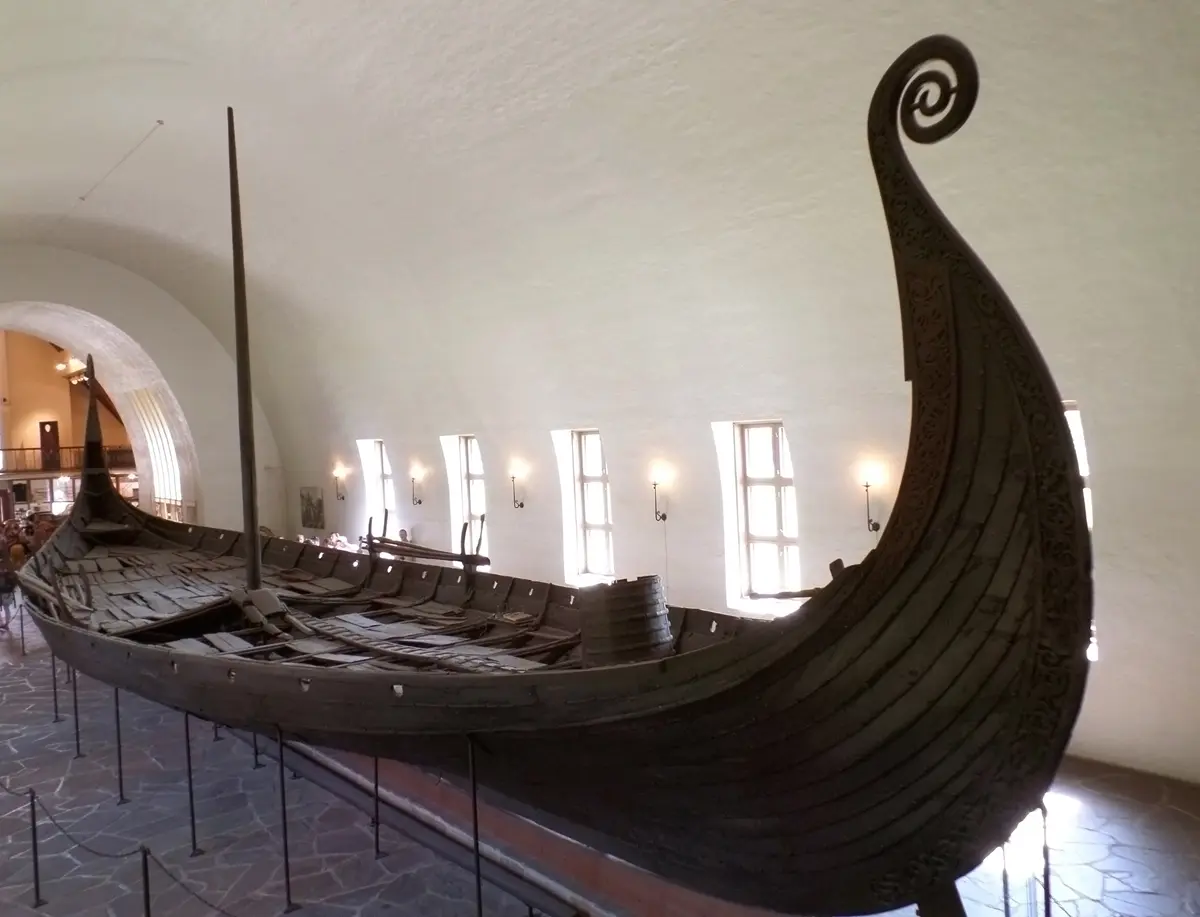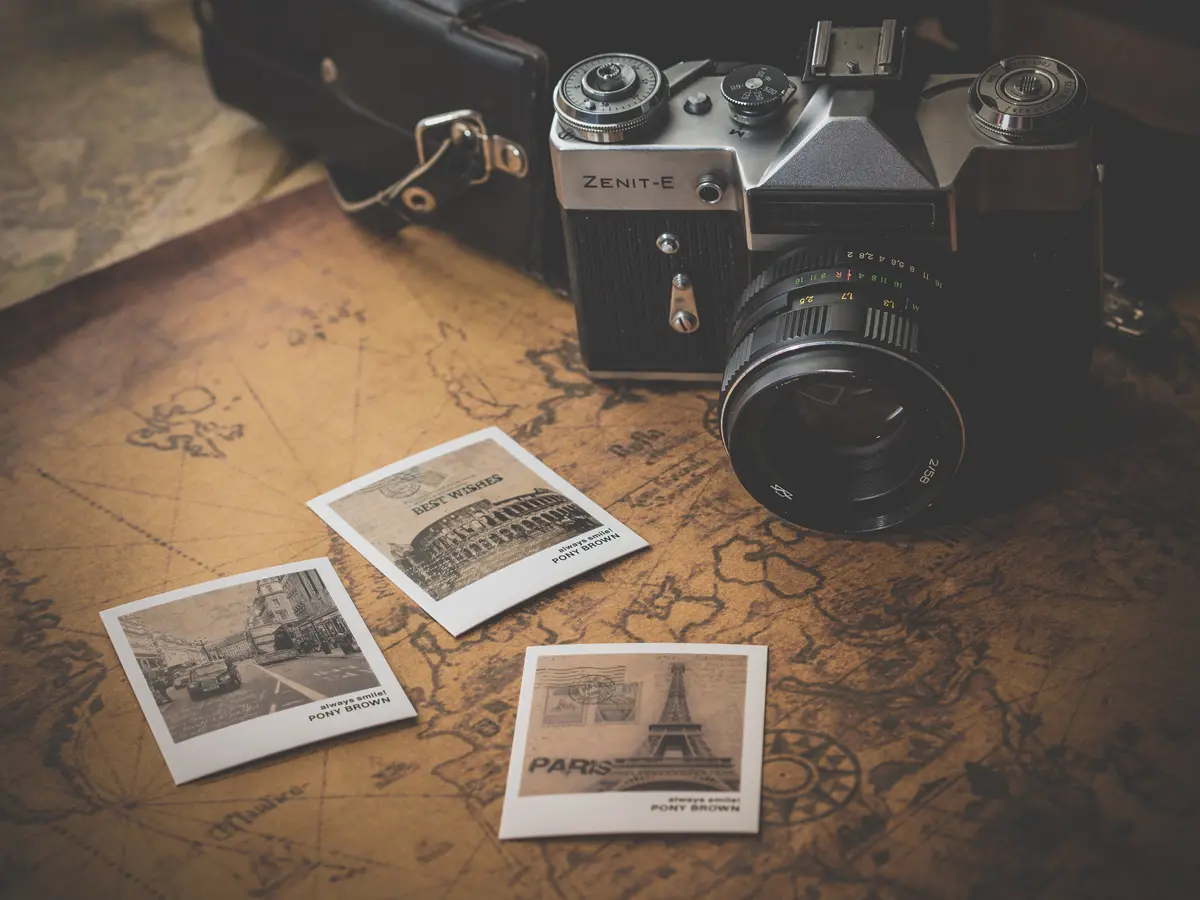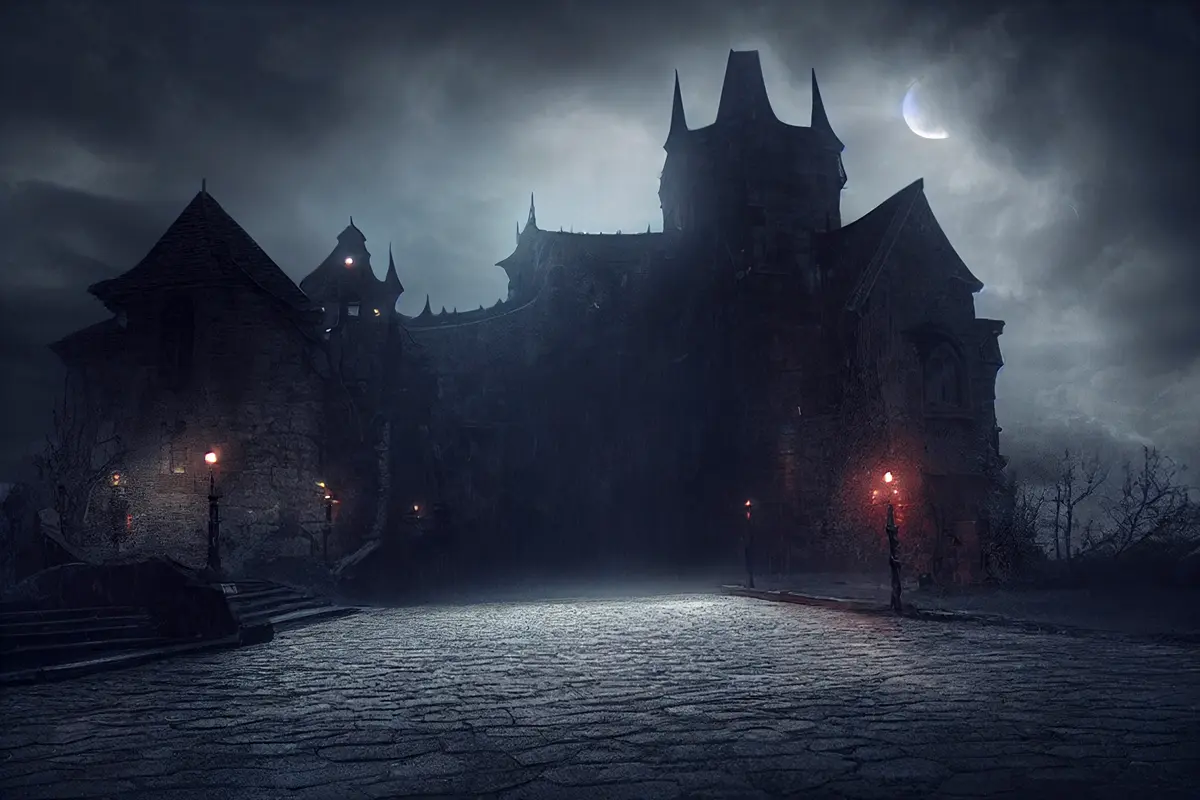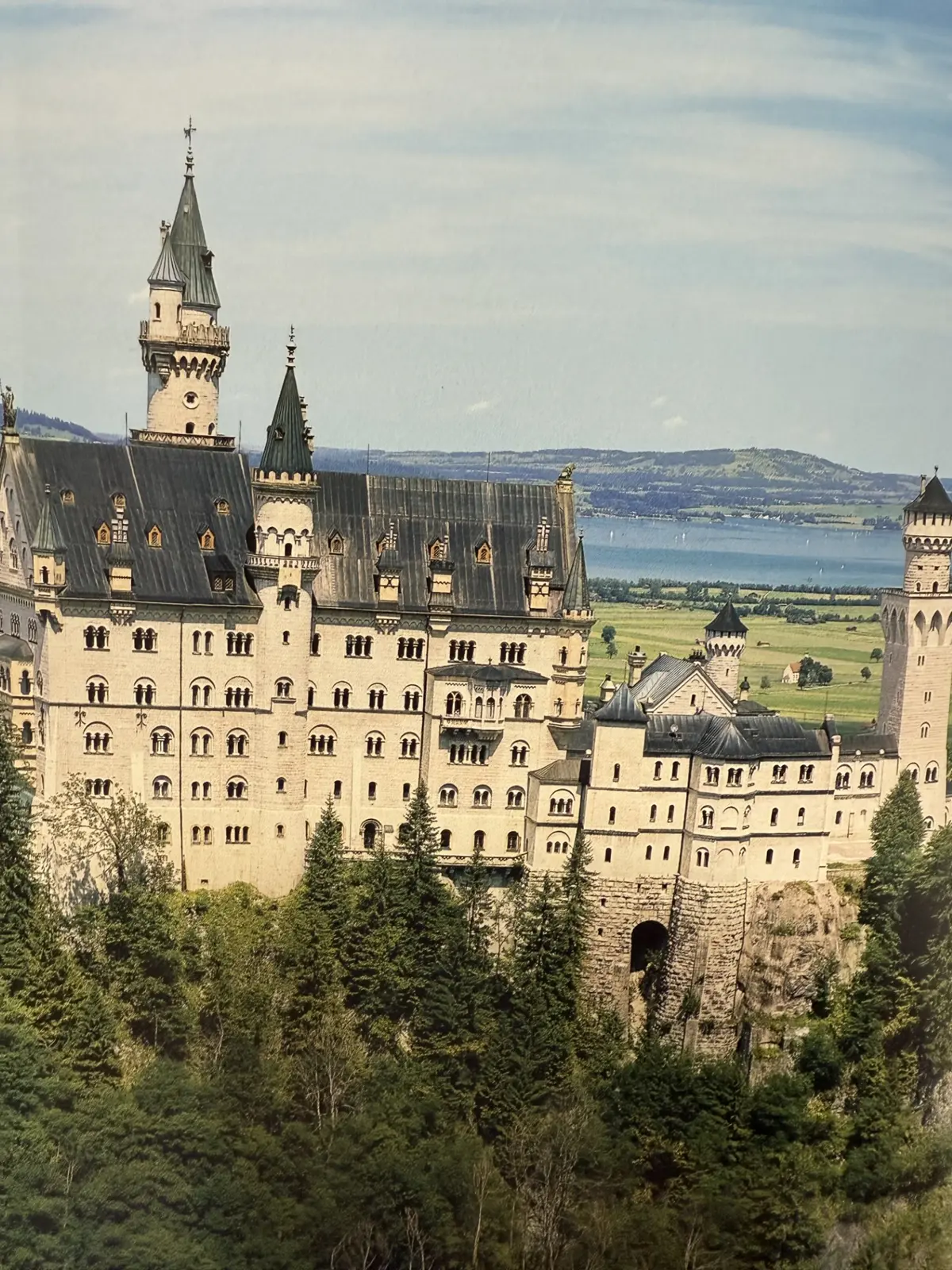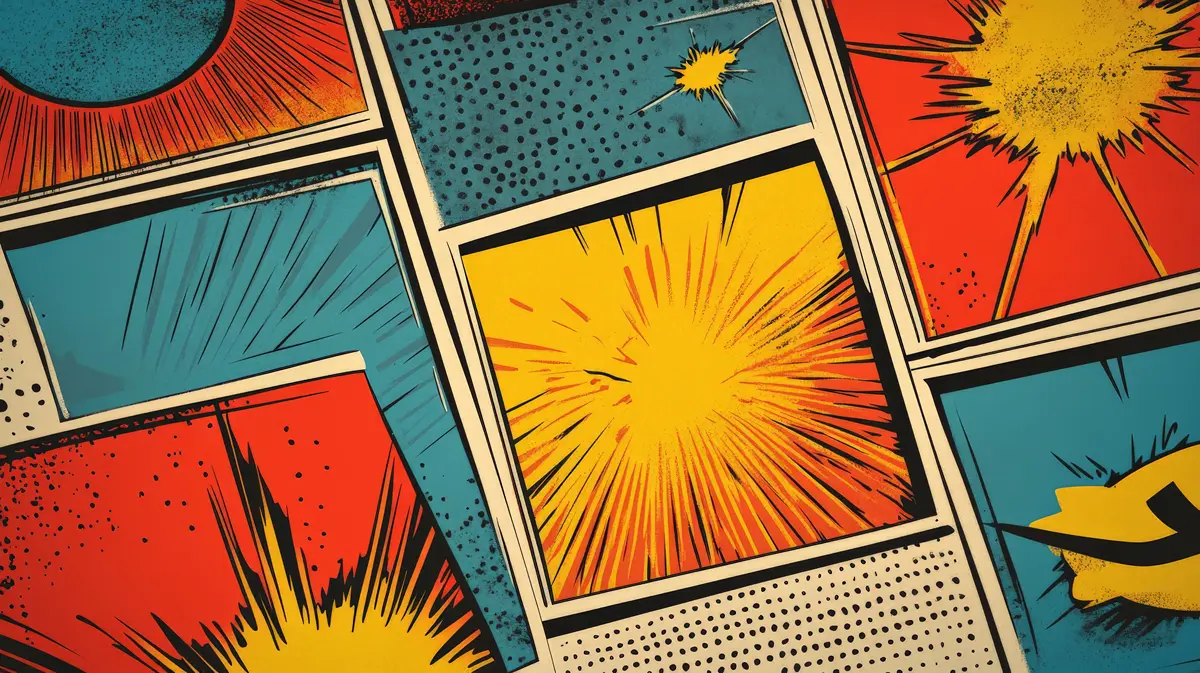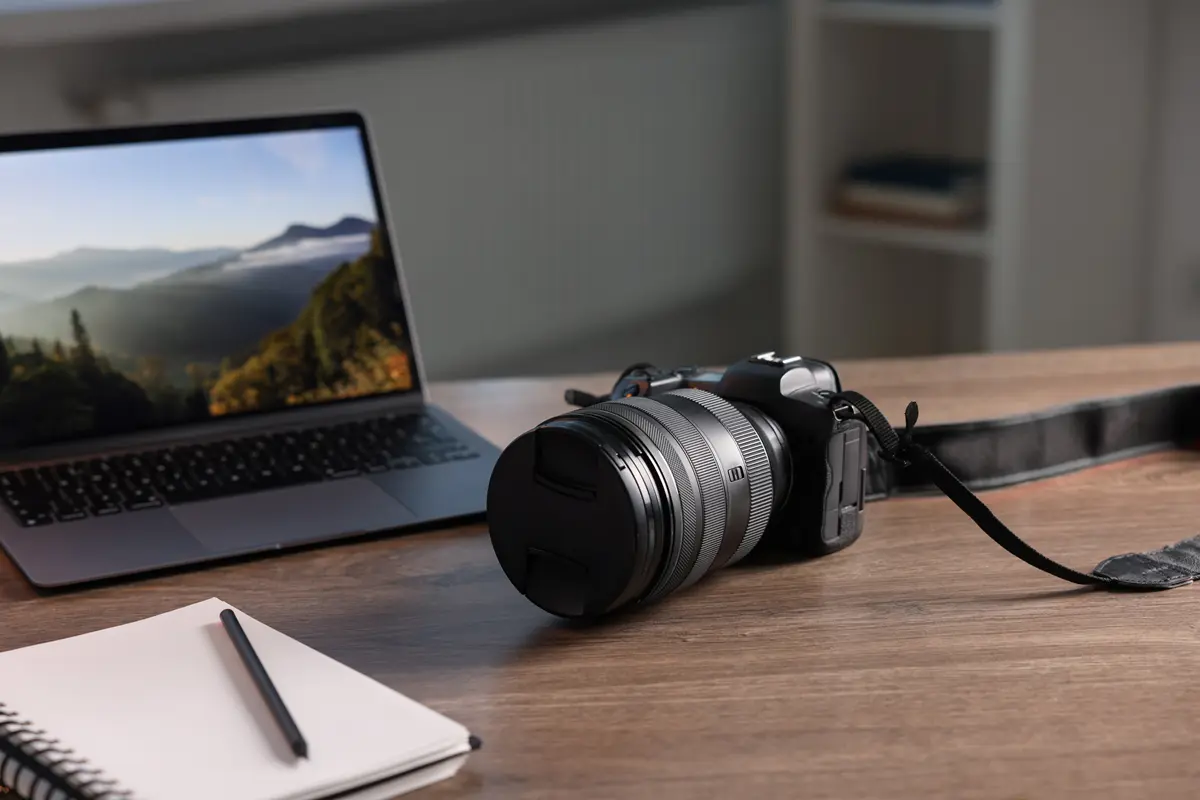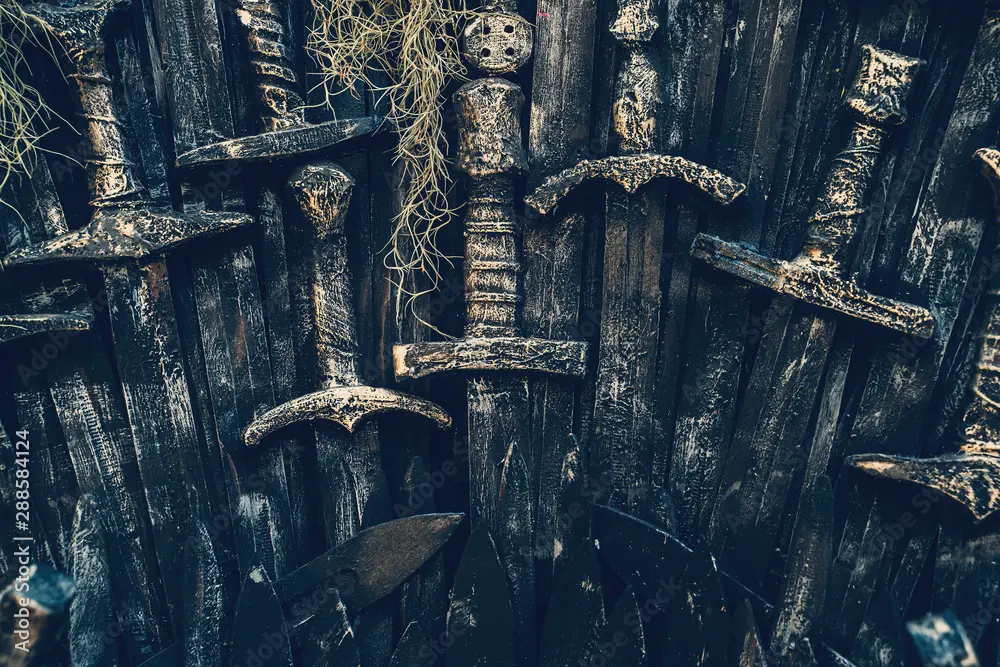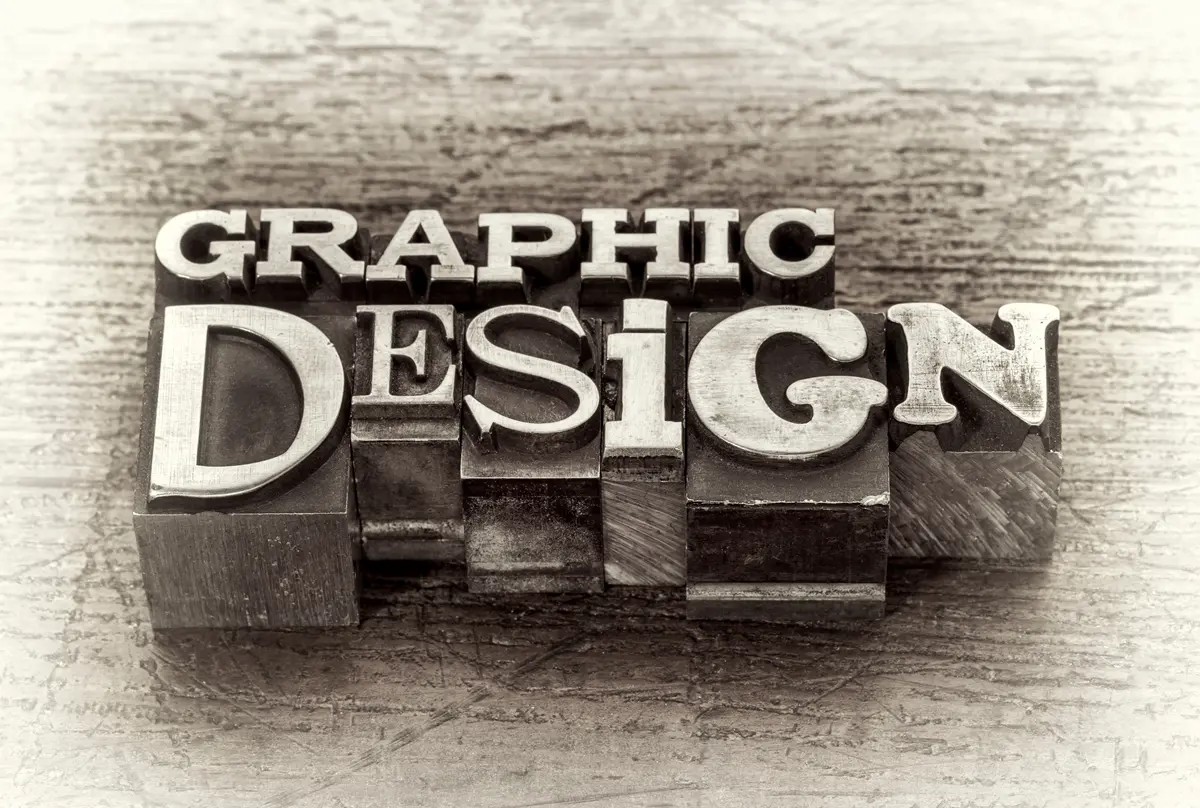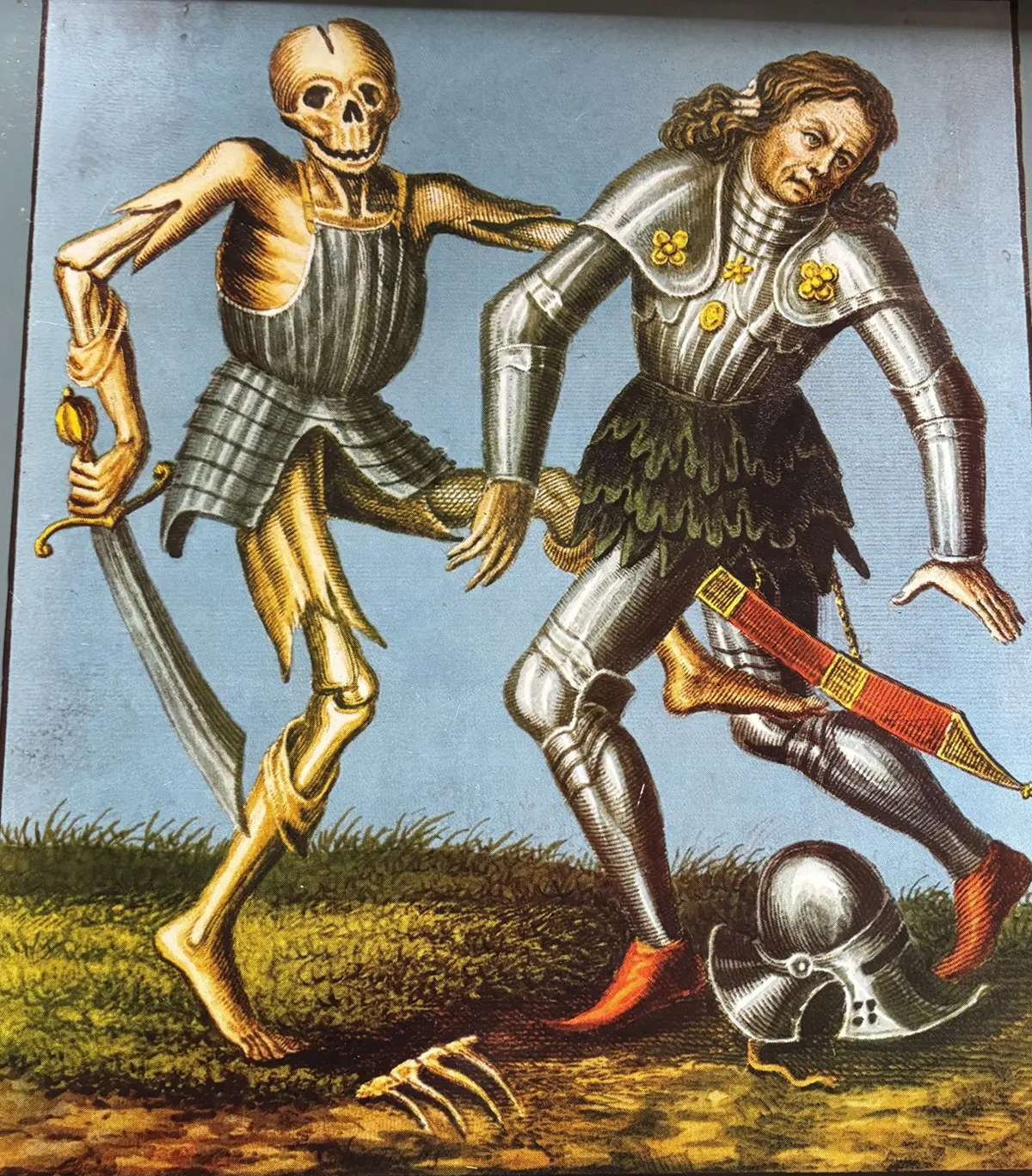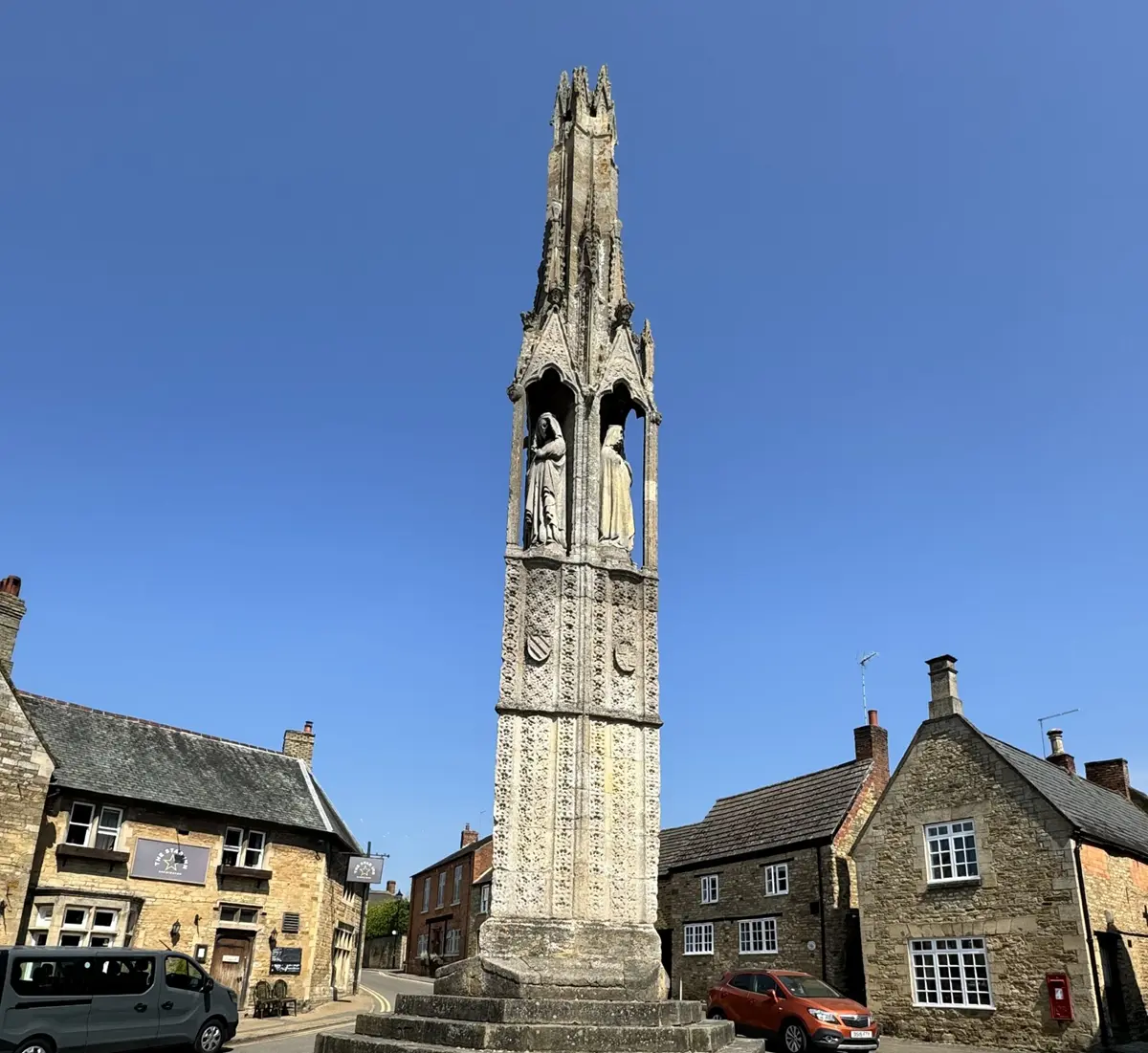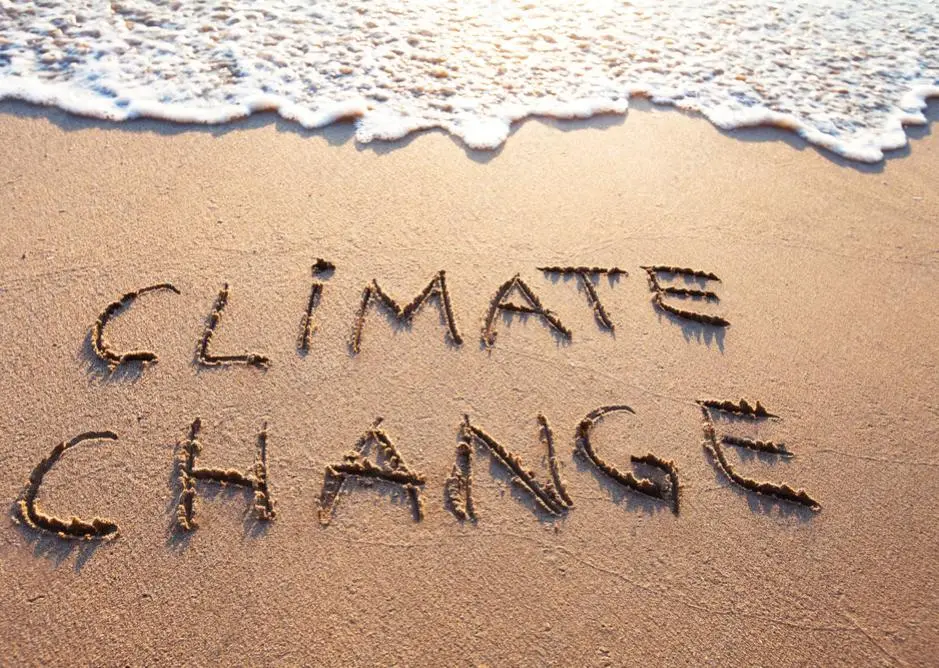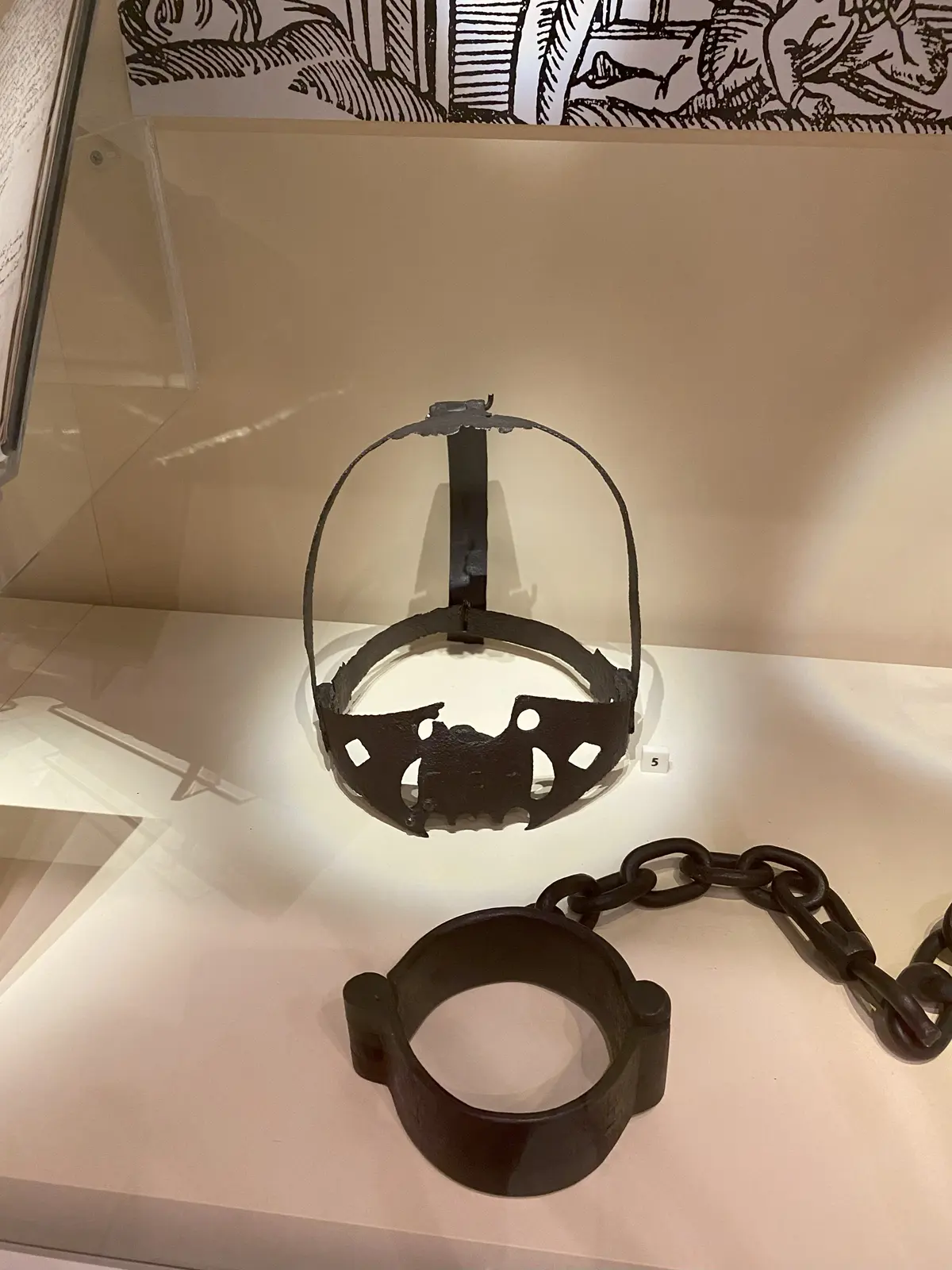The thought of standing up and making a presentation in public is nerve-wracking to many of us. Yet, this skill is critical for our success as professionals, citizens and community members. In fact, “ability to communicate well” is consistently ranked as the top priority for new hires by businesses, and that’s not surprising. You may have great knowledge you want to share, a commitment to social change, or a desire to be given responsibility for an exciting project. You might want to motivate others to join you in a cause, or to fund your ideas. To do any of those things well, you’ll need to communicate your ideas clearly and convincingly, usually in a public forum. The good news is that great speakers are made, not born. In this course, you’ll learn how to make interesting, informative, and even inspiring presentations. You’ll learn how to make nervousness work to our advantage. You’ll study recent research about oral communication and persuasion as well as the great classical theories of rhetoric. You’ll listen to speeches from political, military and business leaders as well as activists for social causes. Through a variety of readings, videos and discussions, you’ll learn how to present facts, when to and how to employ emotions, when to tell stories and use examples, and how and when to use visual aids. You’ll have the opportunity to teach your classmates something, to persuade them to donate money to a charity, to explain a complex issue and to persuade your audience to action. You’ll develop your own speaking style in a supportive environment, with helpful feedback from the professor and your classmates, and you will most likely have some fun doing it! Watch Prof. George talk about her seminar in the Honors Seminars YouTube Playlist.


